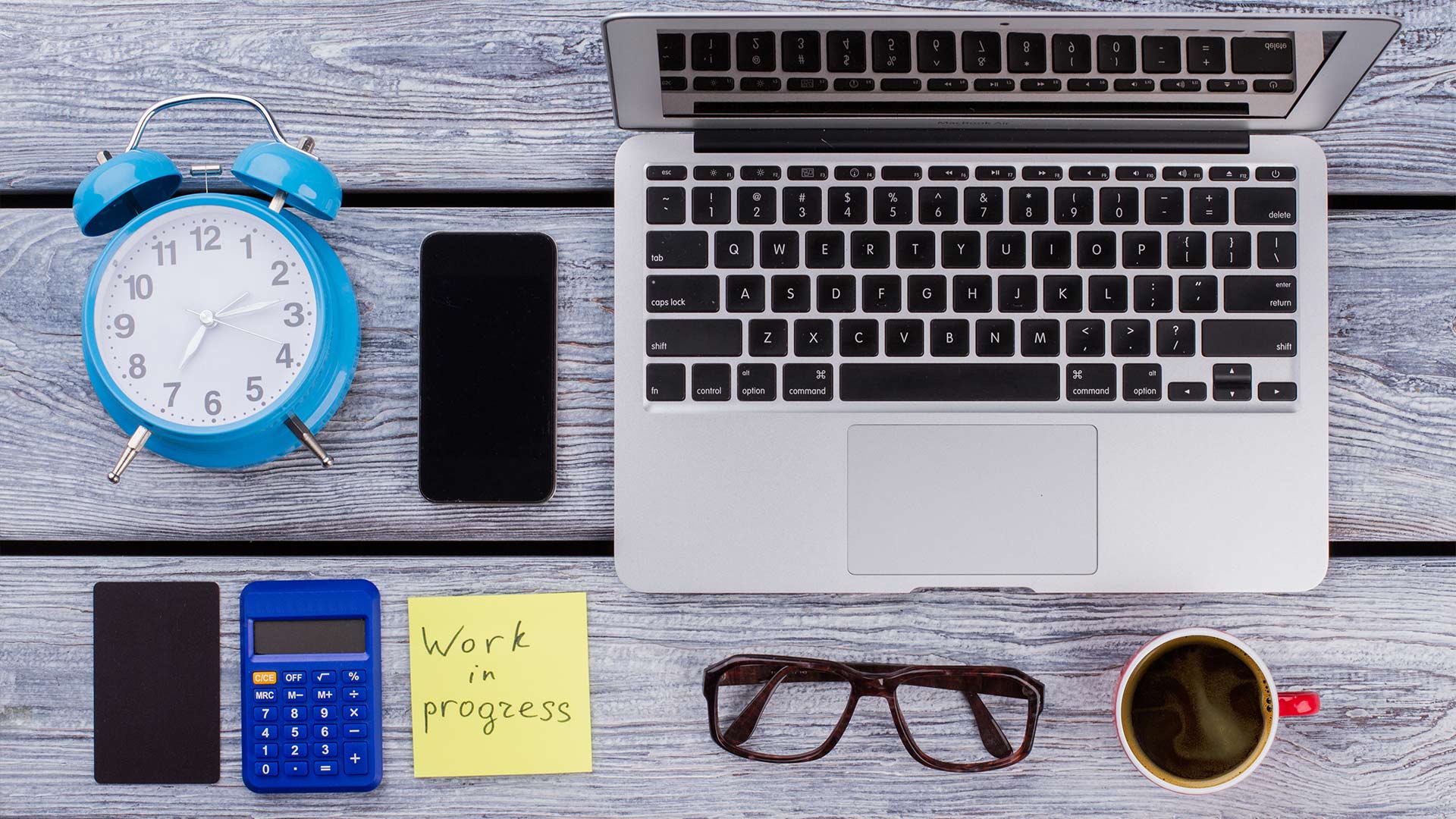How to Work Slower—And Get More Done
It sounds backwards, right? In a world that rewards speed, urgency, and fast replies, “slowing down” feels like sabotage. But here’s the thing: working slower doesn’t mean being lazy—it means being deliberate.

It sounds backwards, right? In a world that rewards speed, urgency, and fast replies, “slowing down” feels like sabotage. But here’s the thing: working slower doesn’t mean being lazy—it means being deliberate.
When your brain is fried, your inbox is overflowing, and your multitasking muscle is twitching, slowing down can actually help you do better work—and finish it faster than if you rushed.
The Problem With Speed Mode
Let’s be honest. When you’re rushing, your day probably looks like this:
- Jumping between half-finished tasks
- Writing emails while half-listening to Zoom meetings
- Forgetting what you just read because you skimmed too fast
- Feeling behind even when you’re busy all day
You’re working fast, but you’re not working well. That’s not productivity—it’s just panic in motion.
What “Working Slower” Actually Looks Like
Slowing down isn’t about dragging your feet. It’s about giving your brain space to:
- Think before doing
- Focus on one thing at a time
- Catch mistakes before they happen
- Stay calm under pressure
Here’s how to make that shift.
Tip #1: Start Your Day With a Pause, Not a Fire Drill
Instead of diving headfirst into email, take 5 minutes to look at your day.
Ask:
- What actually matters today?
- What’s urgent vs. important?
- What can wait (or be deleted altogether)?
You’ll feel less reactive—and that changes everything.
Tip #2: Pick One “Deep Focus” Block a Day
This is your no-multitasking zone. 60–90 minutes of pure focus on one high-priority thing.
During that time:
- Close all tabs you don’t need
- Mute Slack and phone notifications
- Work like your brain is a spotlight, not a strobe light
You’ll get more done in that hour than in 3 distracted ones.
Tip #3: Break Projects Into Smaller, Slower Chunks
When a task feels huge, we rush through it just to be done. But that’s how errors and rework sneak in.
Instead, slow down the front-end. Break it into:
- Planning
- Drafting
- Reviewing
- Finalizing
Each step gets its own mental mode. You save time by not having to fix avoidable mistakes later.
Tip #4: Schedule “Thinking Time” (Yes, Really)
Sometimes your best work doesn’t come from typing faster. It comes from stepping back.
Try adding a 20-minute block to your week for:
- Mapping out a new strategy
- Brainstorming ideas
- Reviewing what’s working and what’s not
Call it “CEO Time” or “Big Brain Hour”—just don’t skip it. Thinking is part of the job.
Tip #5: Embrace the Pause Between Tasks
You finish something big and what’s next? Straight into the next thing?
That’s how mental whiplash happens.
Instead:
- Stand up and stretch
- Close your laptop for a minute
- Breathe—literally
- Let your brain close one “tab” before opening another
This pause makes you sharper for the next task. It’s not wasted time—it’s recovery.
Tip #6: Focus on Fewer Things Per Day
Try this: pick 1–3 real priorities each day. Just three. Not twelve.
Sure, you’ll still answer emails and handle small stuff. But your energy goes toward the Big Three.
This forces you to slow down and go deep, not wide. Spoiler: depth gets better results.
Tip #7: Stop Glorifying Speed
We’ve all said it:
- “I finished that deck in 20 minutes!”
- “Answered 47 emails in an hour!”
- “Cranked out that report while in line for coffee!”
Cool flex. But was it good?
Instead of measuring speed, start noticing:
- Clarity
- Creativity
- Accuracy
- Emotional energy left at the end of the day
Slow work isn’t worse work. Often, it’s better work.
Tip #8: Watch for Your Rush Triggers
Some people speed up when they’re stressed. Others rush because they’re bored. Notice your patterns.
Ask:
- Am I rushing because I want to… or because I feel I should?
- What would happen if I did this 20% slower?
- Would the outcome be better?
Spoiler: It usually is.
Tip #9: Leave White Space in Your Calendar
If your day is booked down to the minute, your brain never catches up.
Try protecting 1–2 hours of “white space” each day. No meetings. No calls. Just…time.
That’s when your best ideas often surface. Not when you’re rushing to the next ping.
Slower Work, Smarter Brain
Here’s the truth: You don’t need to be faster. You need to be more focused. More thoughtful. More present.
That kind of work comes from slowing down just enough to let your mind catch up—and maybe even get ahead.


